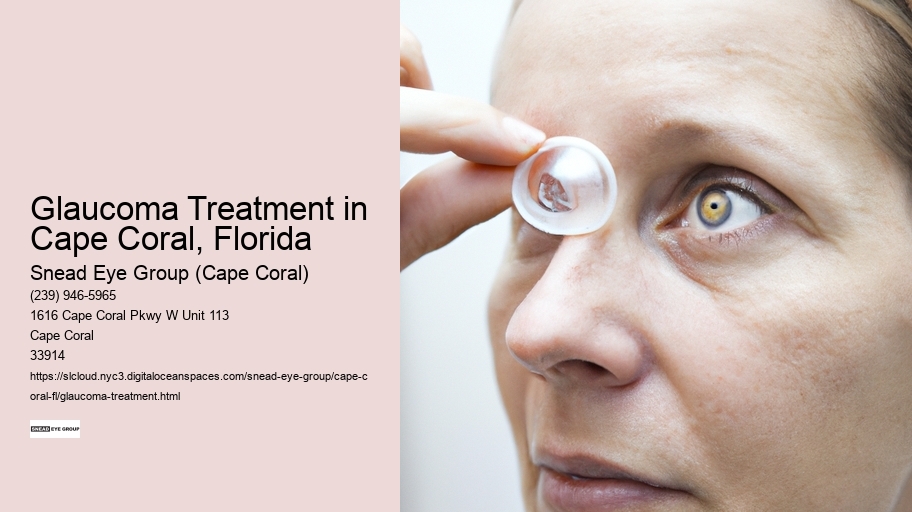
Glaucoma Treatment in Cape Coral, Florida
Glaucoma Screening
Welcome to the world of glaucoma treatment in Cape Coral, Florida, where the Snead Eye Group is here to help. Glaucoma, a silent thief of vision, requires proactive measures to ensure its detection and management. At Snead Eye Group, we offer a range of cutting-edge treatments, from state-of-the-art laser trabeculoplasty to advanced cataract surgery. But that's not all; our team of experienced professionals is also well-versed in the management of macular degeneration. So, if you're looking for comprehensive and compassionate care in the fight against glaucoma, stay tuned to discover how we can make a difference in your eye health.
At our clinic in Cape Coral, Florida, we offer comprehensive glaucoma screening services to detect and monitor this potentially sight-threatening condition. Early detection is crucial in managing glaucoma, as it allows for prompt treatment and prevents further damage to the optic nerve. During the screening process, we assess various risk factors that may contribute to the development of glaucoma. These risk factors include age, family history, high eye pressure, thin corneas, and certain medical conditions like diabetes and high blood pressure.
